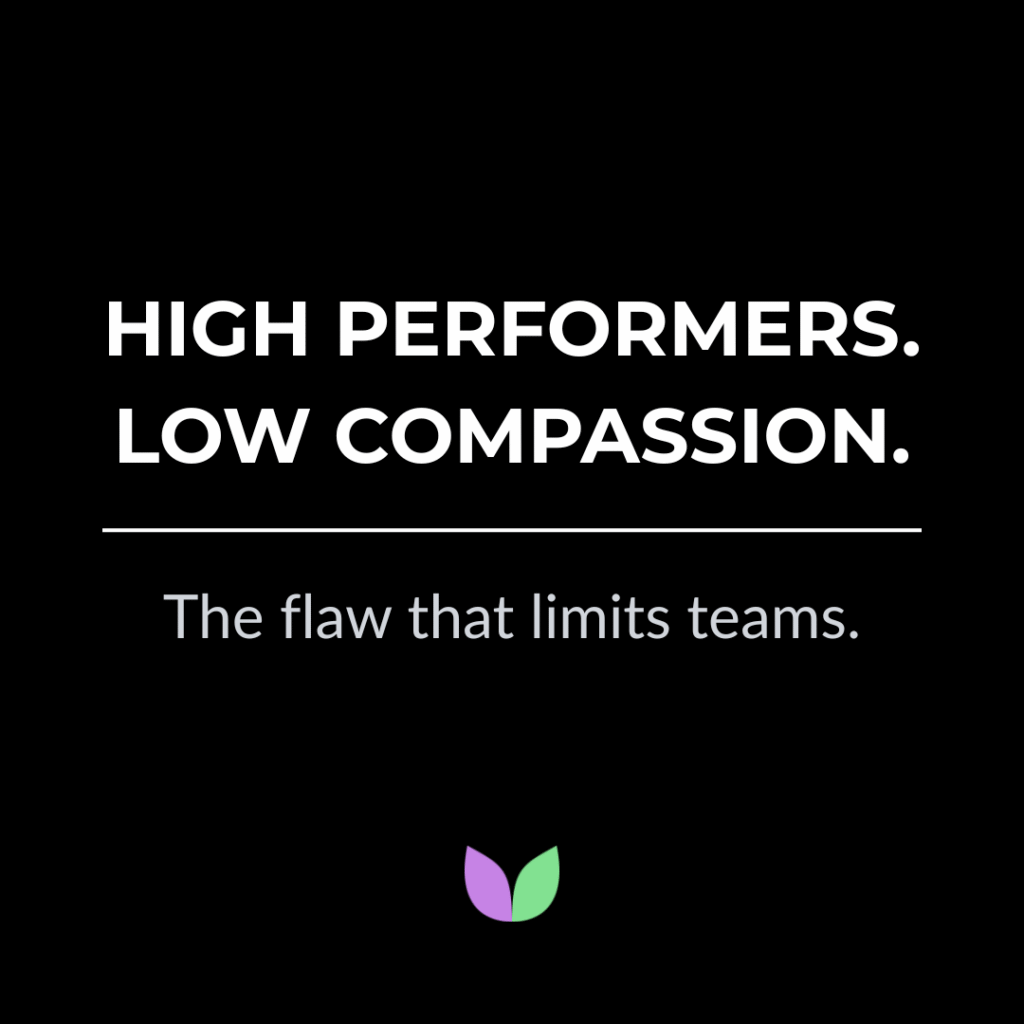High performers often lack compassion.
Because they move fast, think sharp, and expect excellence.
They can’t understand why others “don’t get it.”
They grow frustrated. Impatient. Cold.
They hide behind standards and say:
“I just have high expectations.”
“I don’t tolerate mediocrity.”
Here’s the real reason:
The faster you run, the easier it is to forget how hard it was to walk.
The higher you climb, the harder it is to see those still on the ground.
You must have seen it:
– The 10x engineer who belittles juniors in tech.
– The partner who’s brilliant but condescending in consulting.
– The founder obsessed with scaling, not sustaining, in startups.
– The top trader who treats colleagues like tools in finance.
Their performance is elite.
But their leadership?
Deficient.
Google’s Project Aristotle proved this years ago.
They studied 180+ teams to find what made the best teams thrive.
It wasn’t IQ, credentials, or even high individual performance.
The #1 factor? Psychological safety.
The ability to feel safe to speak up, fail, ask, admit, and question.
And that only exists when there’s compassion in the culture.
High performance without psychological safety creates fear.
High performance with safety creates innovation.
So here’s the real competitive edge:
Compassion isn’t a soft skill. It’s a scaling strategy.
TL;DR:
High performers who lack compassion limit others.
Those who build it into their leadership? They unlock everyone.
“Have you worked with someone who was brilliant but emotionally blind?
Start today:
Ask someone on your team what’s slowing them down and listen.”
